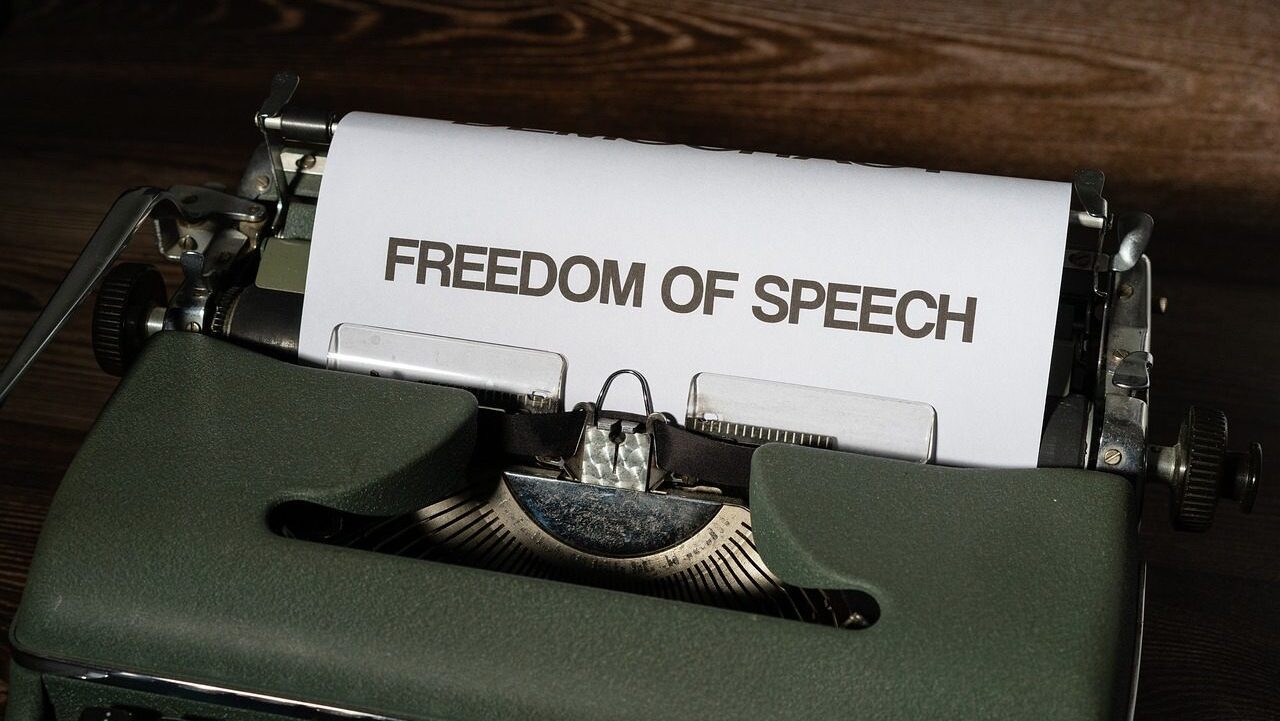
Principles of freedom of speech are being undermined in the EU and “tyrannical tendencies are emerging among political leaders in both the press and at the universities,” Inger Enkvist, professor emerita at Lund University writes in an op-ed.
In the Epoch Times, Enkvist writes:
Freedom of speech is one of the most valuable liberties in the Western world, perhaps the most valuable. Yet, there are now various attacks on freedom of speech, often under the pretext of countering disinformation.
While celebrating freedom of speech as part of a democratic society, the West is increasingly engaging in a form of “quiet censorship,” Enkvist says. Labeling opinions or ideas that challenge the power establishment as ‘disinformation’ is one way to restrict a free and open debate, and one that is being used in an increasingly more aggressive way.
Self-proclaimed ‘disinformation watchdogs’ that offer media and businesses assistance in sorting out ‘disinformation’ in reality have activist agendas, Enkvist says.
She highlights the Global Disinformation Index (GDI), an organization purporting to provide “transparent, independent neutral disinformation risk ratings across the open web.”
The GDI rates websites (in a “neutral, independent, transparent index”) on their risk of “disinforming readers.” The GDI is financially supported, Enkvist says, by the EU, the British and American governments, and—George Soros:
GDI has established its own private censorship bureau, and their business idea is said to be to economically crush the media companies they don’t like. The company was founded in 2018 by former employees of George Soros’s Open Society Foundation, an organization that often comes up in discussions of political influence.
‘Disinformation’ is used by the GDI not only to refer to deliberately false information, but also to factually accurate but controversial speech that the establishment disapproves of. “Countering disinformation” is now serving as an excuse to “silence political opponents,” Enkvist writes, typically on topics like “immigration, social gender, and climate.”
Even academia is not immune to this form of censorship, Enkvist writes. Scientific facts and research projects are influenced by, and adapted to, what is ‘politically correct.’ The ‘disinformation’ concept is also used to hinder researchers from publishing their results.
In a May 2024 report on academic freedom published by the Swedish Higher Education Authority, two-thirds of Swedish researchers in the social sciences and humanities expressed that they feel unable to speak freely within their departments. Even more concerning, half of the researchers in the natural sciences reported the same sentiment.
Researchers who “allow themselves to be bullied and impose self-censorship” betray their academic ideals, Enkvist writes.
